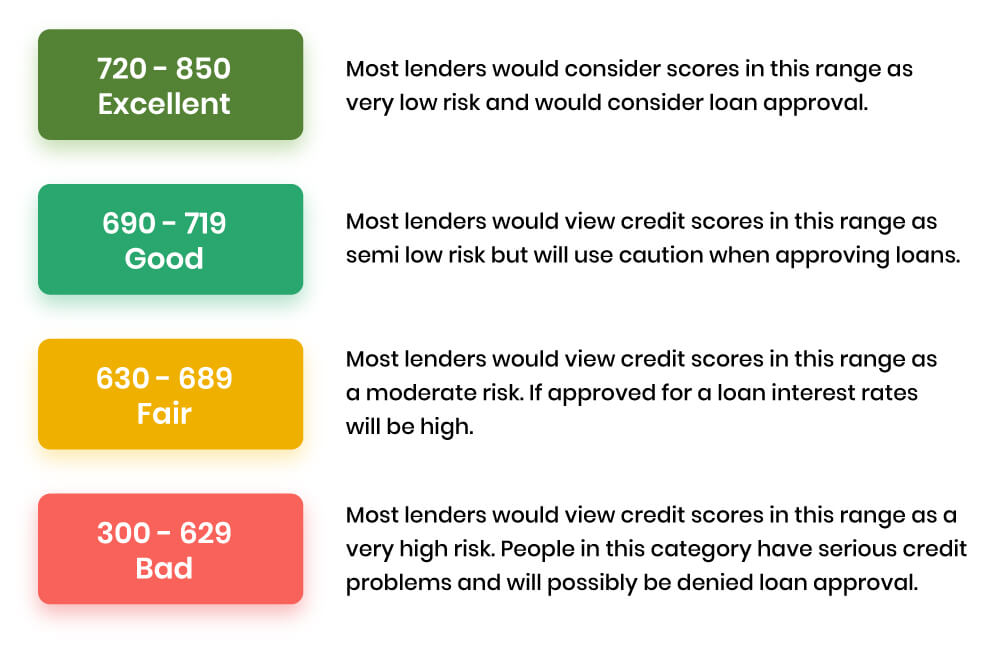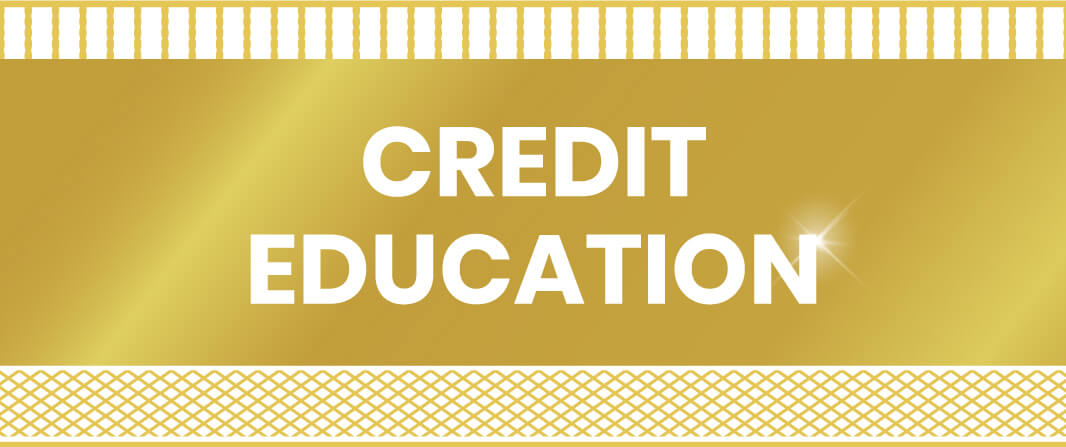What is a credit score? A credit score is a three-digit number based on a summary of information in a person’s credit report to determine individual creditworthiness. In addition, your credit score can determine the overall level of credit risk. Your credit score is the main factor that determines if you are approved or denied for credit, and a low or high interest rate. Having a good credit score is crucial to financial success.
Know About Your Credit
Have you checked your credit score lately?

Education is Key Knowledge Empowers
Armed with educational resources you’re on your way to re-establishing your name and credit. We know how important good credit is when it comes to living and purchasing. We educate you on how to budget your finances, provide budgeting tools, we walk you through every step of the way, we teach hands-on learning skills, video learning, and much more. We want to empower you through your golden experience. When you’re done you will receive a certificate of. completion. You will be ready to move forward on your golden journey.
Credit Tips:
1. Pay your bills on time; set up automatic payments
2. Keep credit utilization below 30% of your credit limit
3. Avoid closing your oldest credit card accounts
4. Having the right mix of credit helps your credit score
5. Too many inquiries can affect your credit score
6. Check your credit report regularly to prevent identity theft
What makes up your Credit Score?
- New Credit 10%
- Length Of Credit History
- Amount You Owe 30%
- Payment History 35%
- Mix Credit 10%
Do your pay your bills on time? Late payment, collection, bankruptcy, any public record accounts lower your credit score.
Keep balances below 30% of your credit limits. Avoid spending over your credit limit.
A short history is not a bad thing if you show responsible credit management. Having a few credit accounts is better than having no credit at all.
Avoid opening-up multiple credit accounts in a short time. This is high risk. Having a lot of credit inquiries in a short time lowers your credit score.
A variety of credit types — Like an auto loan, credit cards, and other credit accounts — could boost your score.
More than just business
Credit Facts Did you know?
- Fair Credit Reporting Act (FCRA) is a federal law that promotes the accuracy, fairness, and privacy of information in the files of consumer reporting agencies.
- As a consumer, you are entitled to one free annual credit report once every 12 months, upon request, according to the Fair Credit Reporting Act (FCRA).
- That annualcreditreport.com is the ONLY official website providing free annual credit reports under federal law.
- Fair Debt Collections Practices Act (FDCPA) – is a federal law that prohibits a debt collector from using any false, deceptive, or misleading representation or means in connection with the collection of any debt.
- You must be told if information in your credit file is used negatively against you. If you have been denied credit, insurance, employment, or any adverse action against you due to your credit report, that agency must provide your name, address, telephone number of the agency that reported the information.
- You have the right to report and dispute false negative, inaccurate, and unverifiable information in your credit file.
- Credit reporting agencies must investigate all claims, in addition, must correct or delete inaccurate, incomplete, or unverifiable information within 30 days.
- Outdated negative information cannot be reported by credit reporting agencies. The credit bureaus cannot report negative information more than seven years old nor can bankruptcies be reported more than ten years old.
- You can seek damages from violators. If a credit reporting agency or someone who provides information to the credit bureaus violates consumer rights under FCRA, (i.e. collection agencies, credit bureaus) you can sue in state or federal court.
- Access to your credit file is limited. According to FCRA a consumer credit file can be accessed only for a valid need such as applying for credit with a lender, employment, landlord, insurance, etc.
Know about
AnnualCreditReport.com
Federal law mandates credit reports be made available to you freely on an annual basis. You can view your credit profile provided by the top three credit bureaus, Experian, Equifax, and TransUnion at https://www.annualcreditreport.com/cra/index.jsp. Lawfully, you are able to receive one free credit report every 12 months. Get yours today to ensure that the information within your credit report is accurate and up-to-date. This is a great way to stay on top of what the credit bureaus are reporting in your credit reports. The credit bureaus are constantly adding and reporting additional data on credit reports you may or may not be receiving. Did you know by reviewing your credit report from all three credit bureaus regularly will help you catch signs of identity theft early?

Identity Theft...
What Can You Do to Reduce Your Risk?
Identity theft is a fraud. It’s a crime in which someone falsely obtains very important pertinent pieces of personal and identifiable information such as your social security driver’s license number, or passport in order to impersonate someone else.
Beware! Don’t be a victim of identity theft. While identity theft can happen to anyone, what can you do to reduce your risk? If you think someone is using your personal information to open accounts, file taxes, or make purchases, visit IdentityTheft.gov to report and recover from identity theft immediately.
* Credit Freeze – You may consider placing a freeze on your credit profile at all credit bureaus to lessen your concerns when it comes to identity theft, data breaches, or someone gaining access to your credit report without your permission.
* Secure Personal Information – It’s very important to safeguard and protect your personal information. Where ever you store your personal information whether it is on paper, online, or on your computers and mobile devices keep it locked in a safe, get, and keep virus protection, and do not verify and provide account information from any unknown source.
*Fraud Alerts – Placing a fraud alert on your credit profile at all credit bureaus makes it harder for an identity thief to open unauthorized accounts in your name. You can place a fraud alert by asking ONLY one of the three credit bureaus. Once you alert one credit bureau it tells the other two credit bureaus to do so. The fraud alert lasts one year.
* Warning Signs – Some of the warning signs of identity theft include credit or debit charges you don’t recognize, you receive a notification on bills for accounts you didn’t open, or you receive notices from IRS that states you’ve filed multiple tax returns.



